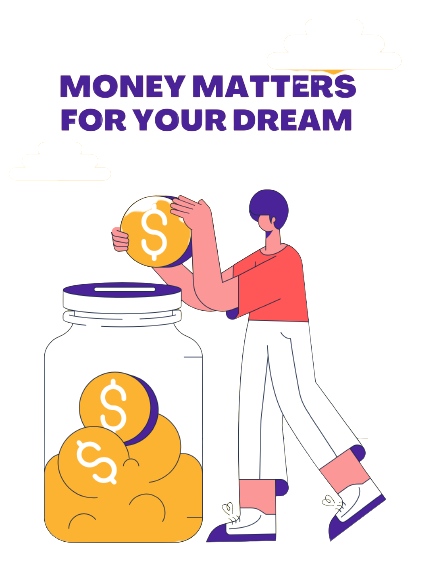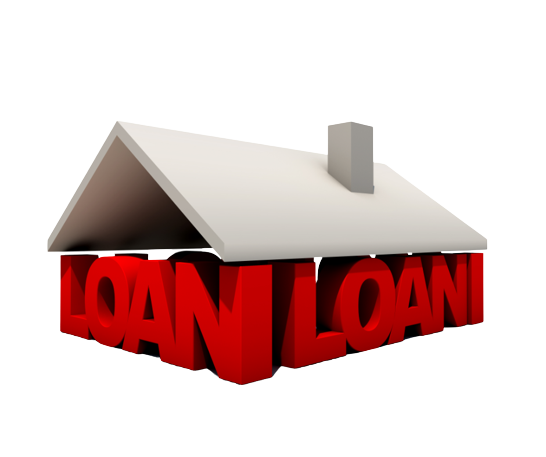Things to Know Regarding Payment Rates

Understanding payment rate is crucial. Mortgage payment rates are used to describe the conditions and interest rate for your mortgage loan. It’s essential to highlight that even a minor decrease in your mortgage interest rate can lead to substantial savings throughout the entire life of your mortgage. My expertise lies in the ability to diligently search for competitive interest rates among a wide array of lenders.
Utilizing pre-payment alternatives is one of the most efficient ways to cut down on interest costs. You might possibly save thousands of dollars in interest payments if you put extra money towards reducing the mortgage’s principal.
It’s crucial to understand that mortgage rates can be intricate and sometimes misleading. The lowest advertised rates may not be applicable to all situations. Factors such as the type of mortgage (e.g., conventional or specialized), refinancing, the length of the loan (e.g., 30-year amortization), and whether the property is for rental purposes all play a role in determining the actual rate you qualify for. Therefore, it’s essential to consider your specific circumstances when evaluating mortgage offers. Here’s what you should know about payment rates when consulting me.
Interest rates
Mortgage payment rates are fundamentally influenced by interest rates. They figure out how much it will cost you to borrow money to buy a house. Fixed or adjustable mortgage interest rates are both options.

- Fixed-rate: Mortgages with fixed rates have an interest rate that won’t change during the course of the loan. Budgeting is made simpler by the regularity and consistency, this provides.
- Adjustable rate: An adjustable-rate mortgage (ARM) usually has a lower initial interest rate than fixed-rate mortgages, but it is subject to periodic changes depending on the state of the market. It can have a fixed rate for a predetermined amount of time (like five years), and then adjust yearly.
Loan term
The length of your financial adventure is determined by the loan term. You have a choice of possibilities, including 15, 20, or 30 years. Your decision will have a big impact on your monthly payments and your home’s final cost. This is how it goes:

- Shorter Terms: This is like a quick, exciting journey. Despite increased monthly payments, overall interest costs end up being lower. Your mortgage is paid off quicker, allowing you to enjoy a debt-free homeownership sooner.
- Longer Term: Picture these at a more leisurely pace along a lovely journey. Lower monthly payments reduce immediate financial stress, but over time they result in greater total interest expenses.
Down payment
Think of your down payment as your first investment in the home-buying process. The lender will effectively lend you less money if you put down a higher amount. Because of this, monthly payments are frequently reduced, which may be beneficial for your financial objectives.
Private Mortgage Insurance (PMI)
Lenders frequently require you to obtain Private Mortgage Insurance (PMI) if your down payment is less than 20% of the home’s buying price. Consider PMI as the lender’s safety net in the event that you default on the loan. Although it slightly raises your monthly payment, it can allow you to become a homeowner with a lower down payment.
Amortization schedule
Consider the amortization schedule to be your financial road map for the duration of your mortgage. It specifies how the interest and principal are split up into each monthly payment. Initially, a larger amount goes toward interest, and as time passes, a growing portion is dedicated to paying down the principal debt. Knowing this timeline helps you understand how your mortgage will develop.
Credit score: Your financial report card
The interest rate on your home is significantly influenced by your credit score, which is also your financial report card. A lower interest rate and thus the smaller monthly payment are frequently results of a higher credit score. Maintaining or raising your credit score should be a priority if you want to get a mortgage with good terms.
A strategic decision
Mortgage points should be viewed as tactical instruments for adjusting your interest rate. Your interest rate can be lowered by paying points in advance, thereby lowering your monthly payments. We’ll carefully assess whether this strategy is in line with your financial goals.
Fees and closing costs
There are a variety of fees and closing charges associated with buying a home. Appraisals, title insurance, and legal fees are among these costs. They are normally due when the sale is completed. To prevent financial shocks, it’s crucial to factor in these expenses.
Payment penalties
Some mortgage loans impose prepayment penalties or restrictions. These rules can affect your ability to pay off your loan early or make additional payments. We’ll diligently review these terms to ensure you’re aware of any potential constraints.
Escrow accounts: Simplifying bill payments
Some mortgage loans impose prepayment penalties or restrictions. These rules can affect your ability to pay off your loan early or make additional payments. We’ll diligently review these terms to ensure you’re aware of any potential constraints.
So in summary your payment rates are like a complex puzzle. As your mortgage broker, I here to help you assemble this puzzle to fit your unique financial circumstances and homeownership goals. Together, we will make your options, compare lenders, and design a mortgage solution that not only secures your dream home but also safeguards your financial well-being. Rest assured, I am your dedicated partner throughout this journey, committed to making your path.
